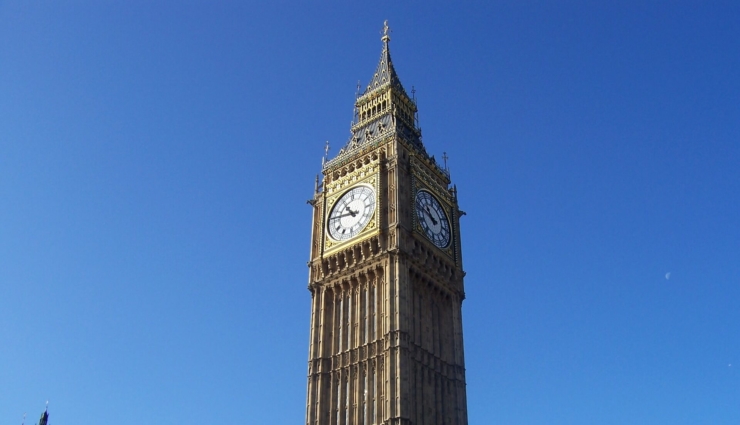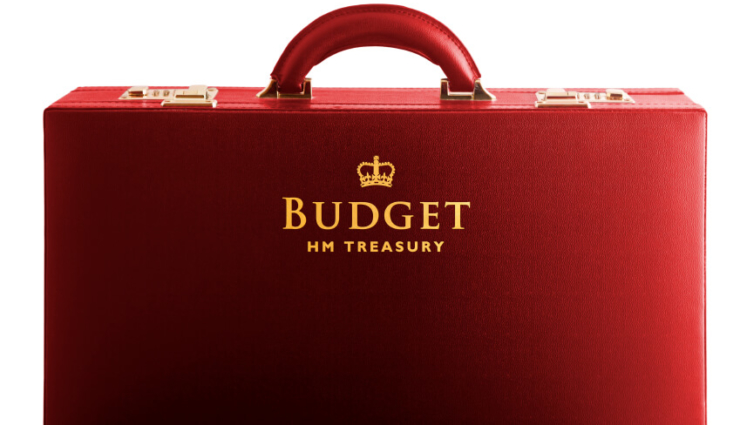21st June 2019
What’s happening?
We alerted you in our article in July last year that under new rules which were due to come in on the 1 October 2019 and following an HMRC announcement, are now due to come in 1 October 2020, builders, sub-contractors and other trades associated with the construction industry will have to start using a new method of accounting for VAT. The measure is designed to combat VAT fraud in the construction sector labour supply chain which HMRC argue presents a significant tax loss.
HMRC published a final version of the draft legislation in November 2018 to introduce the ‘Reverse Charge for Construction Services’ with the new rules now due to take effect from the 1 October 2020.
What are the VAT changes?
Currently, a sub-contractor is responsible for charging and accounting for VAT to HMRC on supplies to main contractors. From 1 October 2020, the main contractor will be responsible for declaring the VAT on supplies received from the sub-contractor under the “reverse charge” rules. An equivalent VAT deduction can also be claimed by the main contractor subject to the normal rules of VAT recovery.
Under the proposed new rules, supplies of standard or reduced-rated building services between VAT-registered businesses in the supply chain will not be invoiced in the normal way. Under the reverse charge a main contractor would account for the VAT on the services of any sub-contractor and the supplier does not invoice for VAT. The customer (main contractor) would then account for VAT on the net value of the supplier’s invoice and at the same time deducts that VAT – leaving a nil net tax position. This is intended to ensure that VAT is correctly accounted for on supplies by sub-contractors.
The reverse charge represents part of a government clamp-down on VAT fraud. Large amounts of VAT are lost through ‘missing trader’ fraud. In this type of fraud, VAT is charged by a supplier, who then disappears, along with the output tax. The VAT is thus lost to HMRC. Construction is considered a particularly high-risk sector because of the potential to make supplies with minimal input tax but considerable output tax.
What construction work is affected
The reverse charge will apply to a wide range of services in the building trade, including construction, alteration, repairs, demolition, installation of heat, light, water and power systems, drainage, painting and decorating, erection of scaffolding, civil engineering works and associated site clearance, excavation, and foundation works. The definitions have been lifted directly from the CIS legislation.
What are the excluded works
Professional services of architects or surveyors, or of consultants in building, engineering, interior or exterior decoration or in the laying-out of landscape are not covered by the new rules. The legislation sets out other work to which the reverse charge does not apply.
The VAT treatment of services provided to the final customer should not be effected by the changes.
What should you do to prepare?
Using our VAT reverse charge flow chart and our practical steps to take guide, you should review your supply chains to consider how they will be impacted by the changes. It is important to identify your contracts with sub-contractors and customers which may be subject to the new reverse charge rules and making sure your accounting systems are updated accordingly. Contracts for services between sub-contractors and contractors may need to be reviewed and updated.
We can help
If you still have any questions on the changes or need any help in getting ready for the new reverse charge system, please contact us. We can help you to ensure you are well prepared for the changes and that any impact on your business is minimised.

If you would like to find out more or meet to discuss the VAT planning services which we are able to provide, please contact Paul Carnell, one of our other Partners or one of our tax advisers in Exmouth & Exeter on 01392 258553 or 01395 279521 to arrange a free initial meeting.
VAT reverse charge rules flow chart









